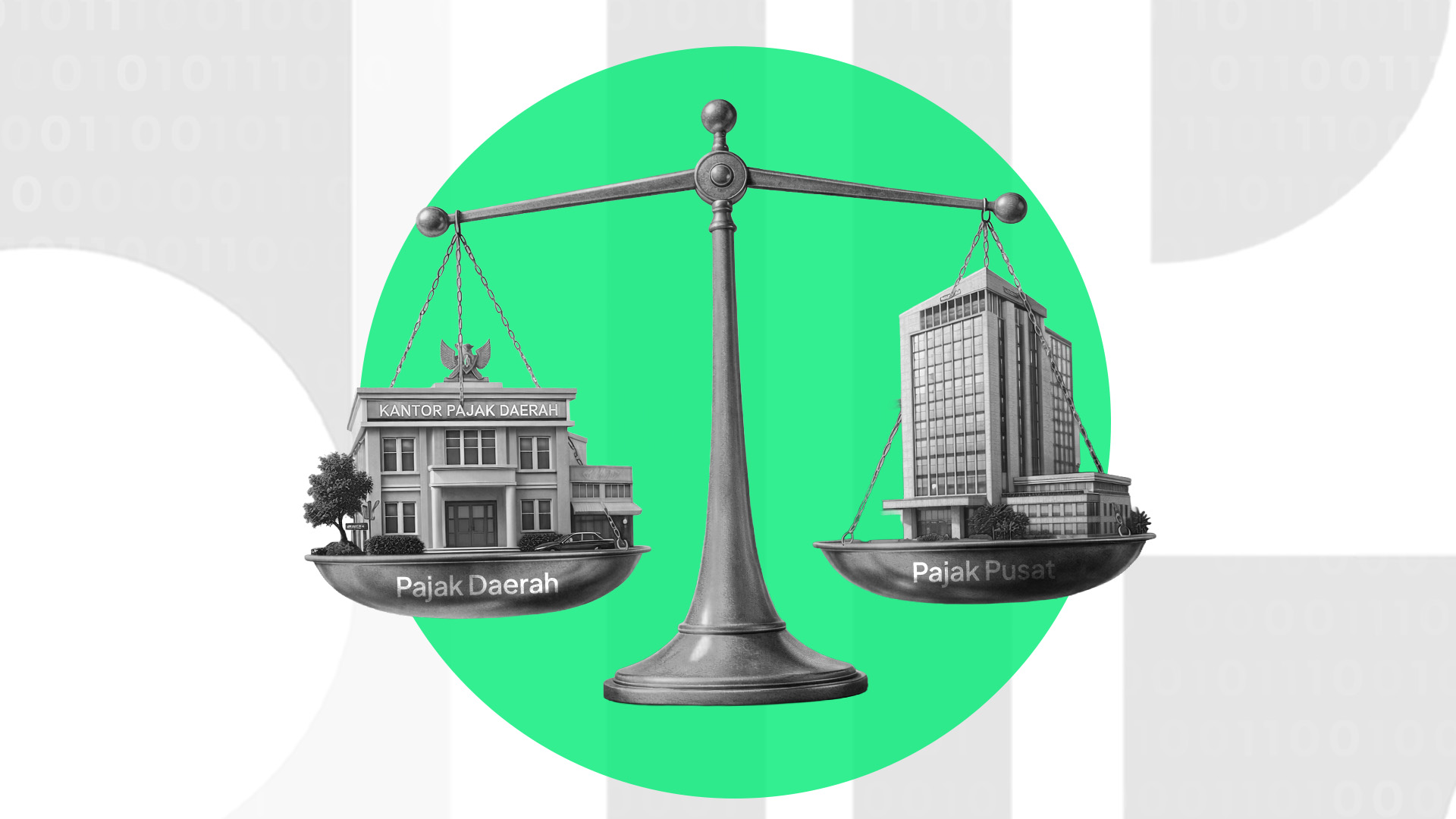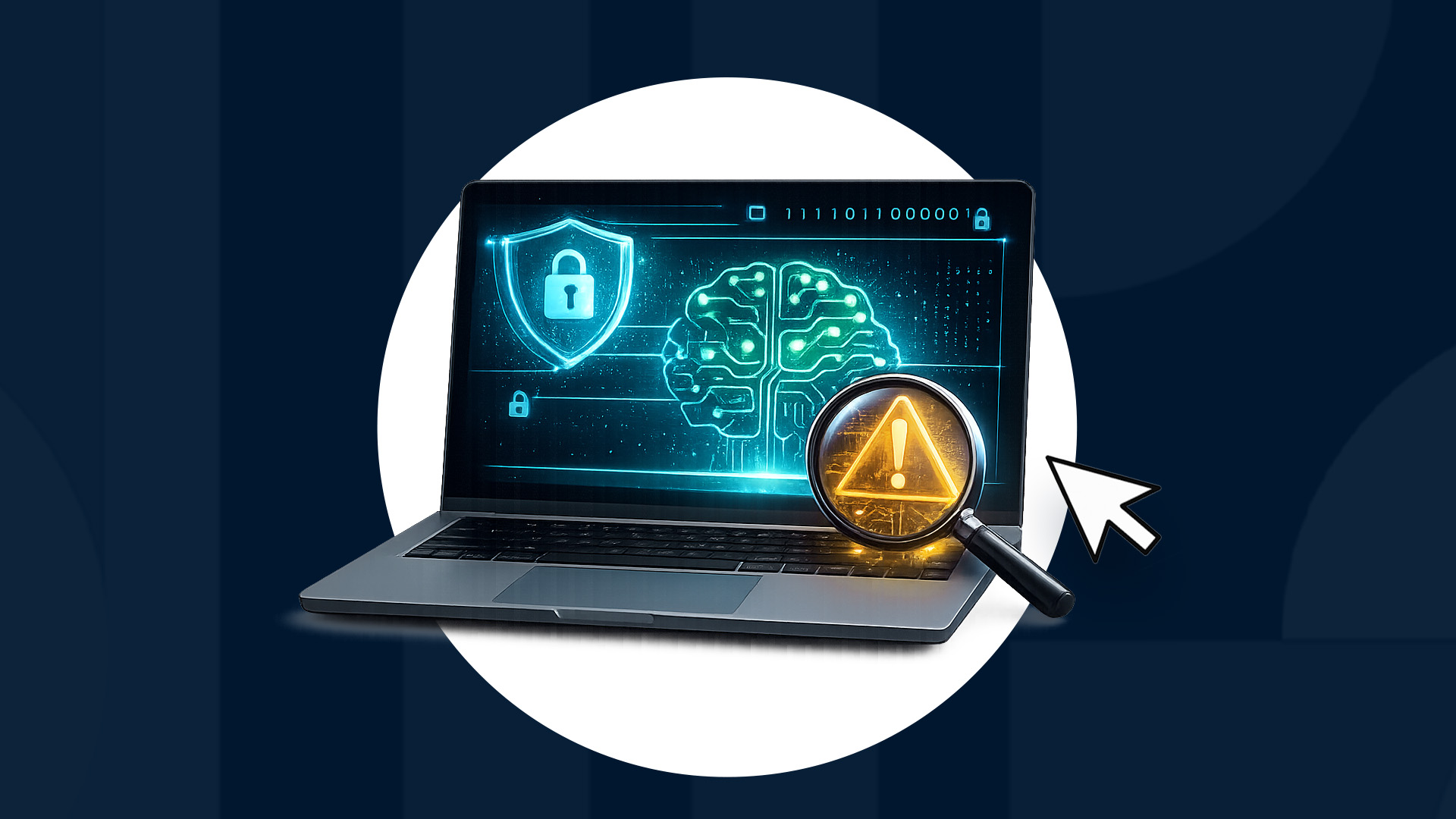The continuous digital transformation and development within the fintech industry have also led to increased awareness of the threat of cybercrime, which can manifest itself as abuse of the public interest by an individual using fintech or investment, or in the form of data theft from the many new applications now in common use. This was summarized in a discussion between Investree, a fintech lending pioneer, and VIDA, a pioneer of certified digital signatures in Indonesia, through the Instagram Live event "Cyber Crime is Rising: The Importance of Consumer Data Security in the Fintech Lending Industry" in commemoration of National Consumer Day.
VIDA CEO and Co-Founder Sati Rasuanto explained, “In the online world, we at VIDA believe that trust is the most crucial aspect, because it gives us confidence to use a new idea or product that we are not familiar with. The first step towards protecting digital platforms from cyber fraud is to build a trust verification process at the outset as the entry point.”
For users, Sati emphasized the importance of not sharing personal data with third parties. This could include ID cards, selfies with ID cards, passport photos, boarding pass photos, account numbers, credit card numbers, and even one’s mother’s name, including photocopies of these documents. “It is easy to remember not to do this. And it goes without saying that you should never reveal OTP (One-Time-Password) codes. Lastly, never click on links that promise prizes: in the online world, when something’s looks or sounds too good to be true, it usually is!"
Studies published by Digital Frontier reveal that more than 78% of Southeast Asian consumers define themselves as “digital explorers”, who are invariably eager to try new services within the digital sphere. On the other hand, losses from online fraud in Southeast Asia in 2019 reached USD 260 million (Rp 3.6 trillion), 71% of which came from identity fraud. The need for an online identity verification process or electronic Know-Your-Customer (e-KYC) has never been more urgent, especially in this digital era, when not everyone is willing to travel to a branch office in person and spend time waiting in line.
Sati continued, “For example, when someone wants to open an account on a digital platform, the verification system ensures that the person is properly verified. An analogy would be letting someone into your house: whether the person is being invited to stay overnight or just open the refrigerator door, the platform has identified the person as a “trusted person”, because they have been checked at the entrance. But once inside the system, if that person wants to make a transaction, they merely need to undergo an authentication process via, for example, a digital signature.”
The identification process has traditionally been carried out using email, phone number, or username and password. However, this method of identification can cause problems because it lacks the “uniqueness” factor. By contrast, VIDA identity verification is based on a person’s government-issued identity card (e-KTP), which provides a strong basis to ensure the veracity of the data owner. "Furthermore, verification is generally done by relying on the person taking a selfie, or taking a photo of an ID card, or taking a selfie with an ID card. By contrast, VIDA uses liveness detection technology, which ensures that the person being verified is actually me, not someone holding a photo of me or even wearing a mask of my likeness,” Sati explained.
Sati added that VIDA not only adheres to existing standards and regulations governing data security, but even goes beyond mere compliance. “As the first non-agency PSrE in Indonesia to have received global WebTrust accreditation since 2020 and been registered on the Adobe Approved Trusted List since 2021, VIDA has also invited independent local and international third parties such as WebTrust to carry out regular audits of our entire process.”
When the entire process is trusted and equipped with end-to-end encryption, this provides assurance to anyone who enters the platform. According to the ITE Law, a certified electronic signature (TTE) has higher evidentiary power under Indonesian law, and can only be provided by an electronic certification provider (PSrE) registered with the Ministry of Communication and Information Technology, such as VIDA.
“Sometimes users and platforms question the convenience of transactions and security. Someone might ask, 'Why do you need ID verification, when email is enough?' or 'Why use a certified signature, when just the signature image attached to a PDF is enough?' There are so many pinch points that can lead to laziness. That is why VIDA focuses on providing speedy verification solutions, so there is no longer a trade-off between security and convenience. These two things can co-exist; the idea that 'if it’s safe, then it's complicated' is a thing of the past. Technology has made it possible to provide both," added Sati.
Digital trust is increasingly fundamental to the development of the digital economy. The more people trust, the more they will make larger transactions. Therefore, all parties - the private sector, PSrE’s, and the government - need to work closely together to build the ecosystem. Loss of trust can seriously hamper Indonesia's progress in the digital economy.
Sati concluded, “In the trust business, if the ecosystem does well, we do well. That means a strong platform, strong government regulation, and strong third-party monitoring. But if our users don't really understand what needs to be done to protect their own data, all these efforts will not work. The more we collaborate with partners and other businesses to be able to face these challenges together rather than alone, the more the benefits of collaborating will be multiplied.”




.png)

.jpeg)
